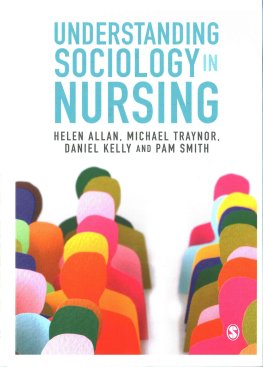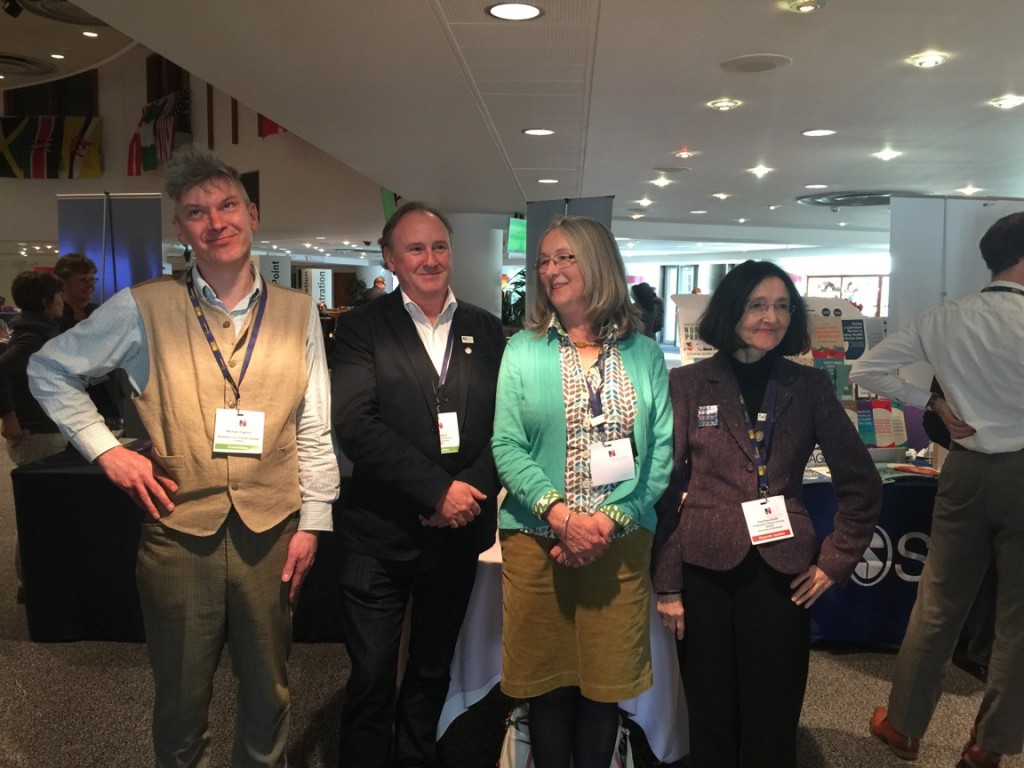Research by Professors Sue Dyson and Olga van den Akker, Dr Liang Liu and Mike O’Driscoll uniquely draws together three important concepts for the first time: namely student volunteering, critical thinking skills for nurses, and caring and compassionate nursing practice and shows how these relate to critical pedagogy in the nurse education. The programme of research has so far resulted in three conference papers, one peer-reviewed publication, a book and international collaboration with Dr Kwadwo Korsah at the University of Ghana School of Nursing in Accra and the establishment of academic networks in Canada, Australia, and Latvia.
Conference papers Mike O’Driscoll, a researcher in CCRNM, presented findings of research into the role that volunteering can play in developing critical pedagogy within nurse education at the AITNER Sociology conference in Athens in May and at the National Council of Voluntary Organisations Research Conference in Nottingham, in September. Also in September, Professor Sue Dyson presented findings from the research at the World Congress on Nursing & Nurse Education Conference in Rome.
The presentations were very well received and led to many interesting discussions around volunteering in health professional education and how critical pedagogy relates to compassionate care.
The presentation titled ‘The extent, variability and attitudes towards volunteering among nursing students: Implications for pedagogy in nurse education’ presented by Mike O’Driscoll at the AITNER conference in Athens can be downloaded here AITNER 2017 PRESENTATION.
Peer-reviewed publication Findings from this research have also been published in the peer reviewed journal Nurse Education in Practice.
Book The research is the subject of the book by Professor Sue Dyson to be published on October 7th. 2017: Critical Pedagogy in Nursing: Transformational Approaches to Nurse Education in a Globalized World (Palgrave Macmillan).
The programme of research continues and for further information please contact Professor Sue Dyson (s.dyson@derby.ac.uk).


